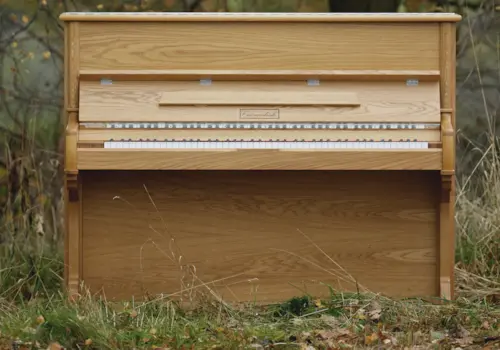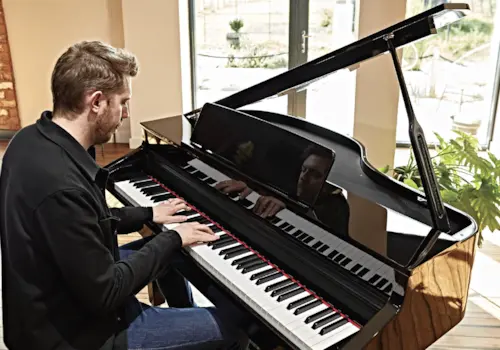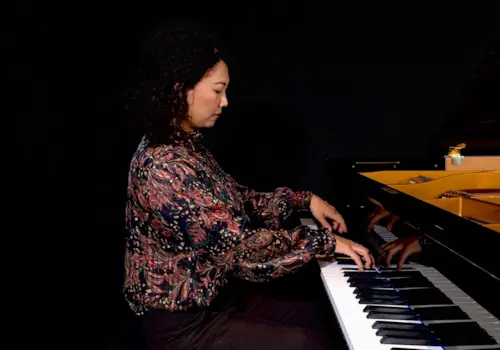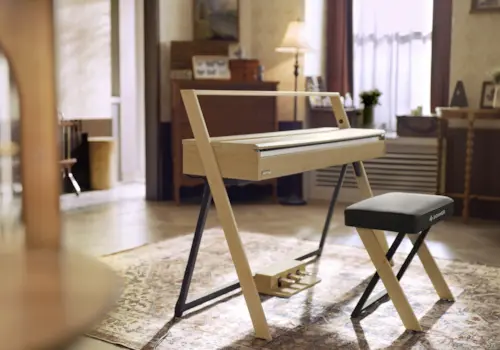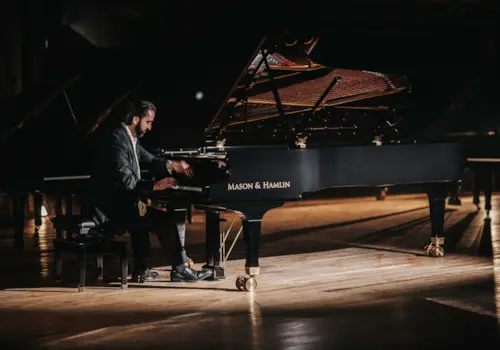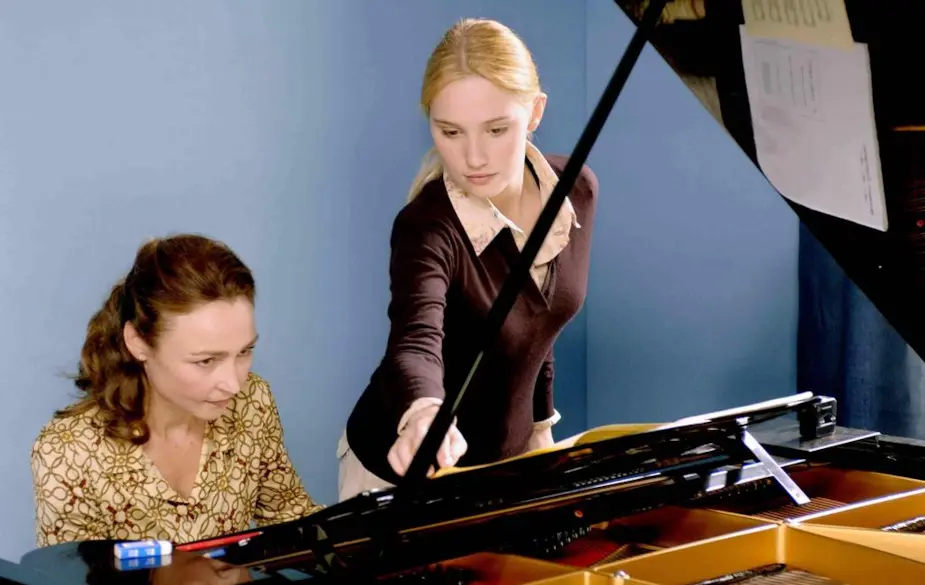10 August 2017
|
Page-turning, especially on stage, can be nerve-wrecking. Here's some handy advice from Frances Wilson for those about to do some turning
By Frances Wilson
Page-turning is an art in itself and a skill which needs to be honed and practised, just as the notes on those pages need to be learnt and finessed
These days at piano concerts it is still quite unusual to see a page turner in attendance. The ongoing – and to my mind rather ridiculous – trend/burden of having to perform from memory (a habit which developed during the second half of the nineteenth-century, thanks in no small part to Franz Liszt and Clara Schumann) means that the turner is a fairly rare sight. It is more common if the pianist is playing as part of a chamber ensemble, but even here some pianists will memorise the piano part to avoid having the turner with them.
Page-turning can be a nerve-wracking experience as the turner feels a great responsibility to ‘get it right’ for the performer. Turns should be discreet and silent – in effect the turner should be ‘invisible’. In addition, the turner has to be able to understand and act correctly upon repeats, da capo and dal segno markings and other quirks of the score. Turners also need to be alert to concert hall conditions: drafty halls can be stressful as stray gusts and breezes may blow the pages around. Page-turners have to observe correct on stage etiquette: they must follow the performer on to the stage and know not to rise from their chair nor fidget during pianissimo passages. They leave the stage after the performer has taken his or her applause and only step forward to receive plaudits if invited to by the performer.
In fact, being able to read music is not necessarily a prerequisite of being a competent page-turner as someone who gets too involved in the music may miss a crucial turn. Much of the turner’s role is about being able to ‘read’ the performer’s body language, rather than simply following the score, and to be acute enough to act upon sometimes highly discreet signals.
(2).png)
If you don’t have the luxury of your own page-turner, you need a few strategies to ensure that turns do not interrupt the flow of your performance nor distract the audience. Of course, the best remedy against this is to memorise the music, but if this is not possible, for whatever reason, there are steps you can take to make sure your turns are discreet and tidy.
- Music publishers try to print music to facilitate easy turns, but if this is not possible try to memorise the music before and after the turn and/or find a place where a comfortable turn can be made
- Don’t turn down each corner of every page in the piece as pages can become entwined and you may turn two pages at once. Instead, turn down every other page.
- Photocopy a page of music and stick it to the score. This is permitted in exams, competitions and festivals to allow for comfortable page turns
- If you use a score-reading app on your iPad or tablet, consider investing in a Bluetooth page-turning device such as the AirTurn, which is operated by a foot pedal (or, more ingeniously as I discovered at a concert, taped under the keyboard and operated with the performer’s left knee)
And if you are turning for someone else:
- Try to rehearse page turns in advance of the performance and discuss tricky turns with the performer
- Turn down the top right hand corners of the score in readiness
- Ask the performer to give clear signals to indicate when to turn
- Be discreet: stand up quietly and be sure not to turn too early nor too late
- Turn from the left of the pianist, using your left hand to turn from the top of the right hand page of the score
- Don’t tell the performer how nervous you feel (remember, the performer may also be feeling nervous!)
- If the performer is playing from several scores, make it your responsibility to hand the performer the next score and to keep scores tidy
- Leave the stage after the performer and take his/her scores with you
Page-turning can be immensely rewarding, especially if one has the privilege and pleasure of turning for top international artists, and for some it is a career in its own right, aside from performing.
About Frances
Frances Wilson (pictured) is a pianist, piano teacher, concert reviewer, writer and blogger on music and pianism as The Cross-Eyed Pianist
Page-turning image: This wonderful image is taken from the 2006 French film La Tourneuse de Pages (The Page Turner). It's a fantastic film (even if a little sinister), with lots of piano music throughout

